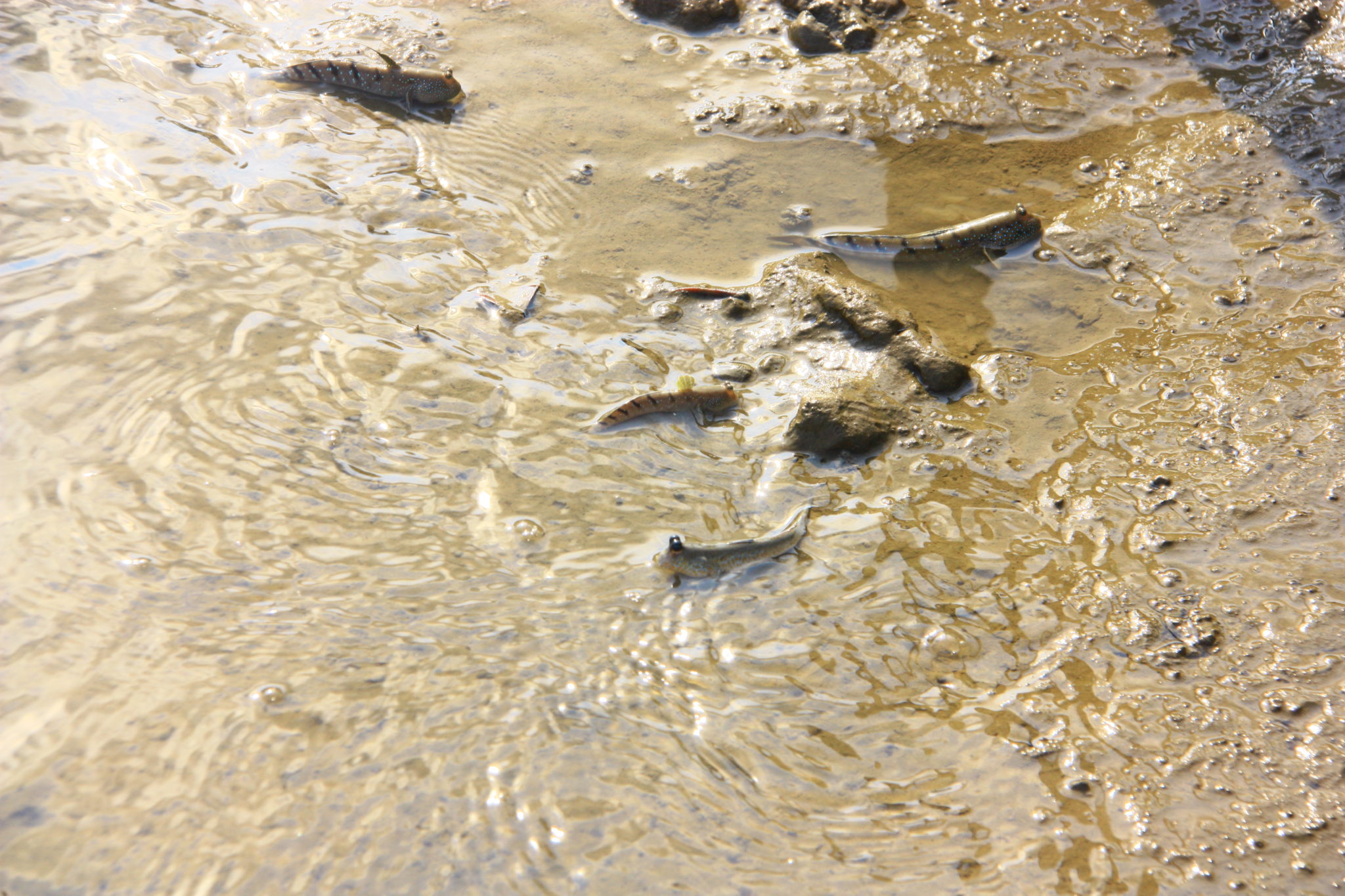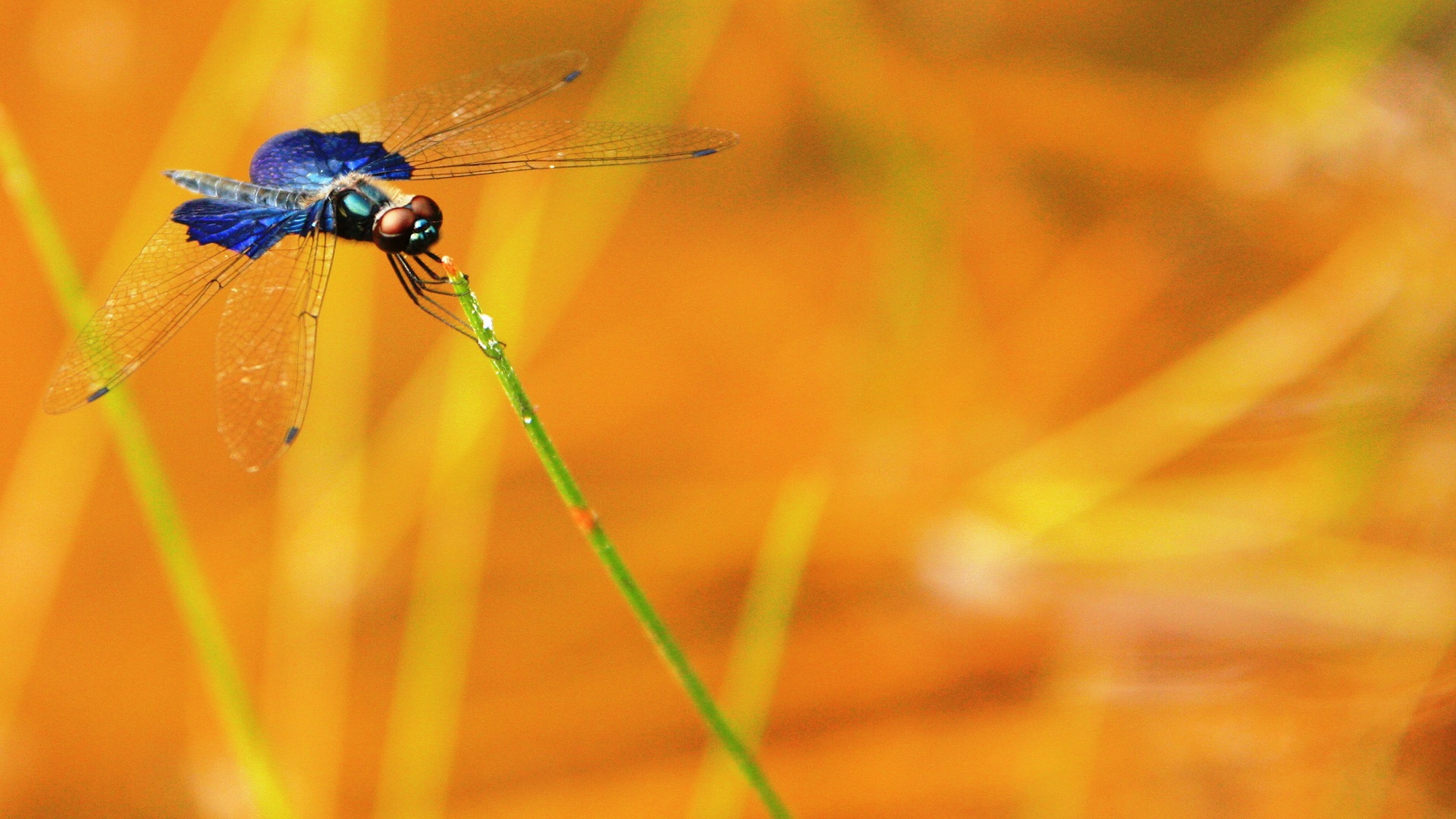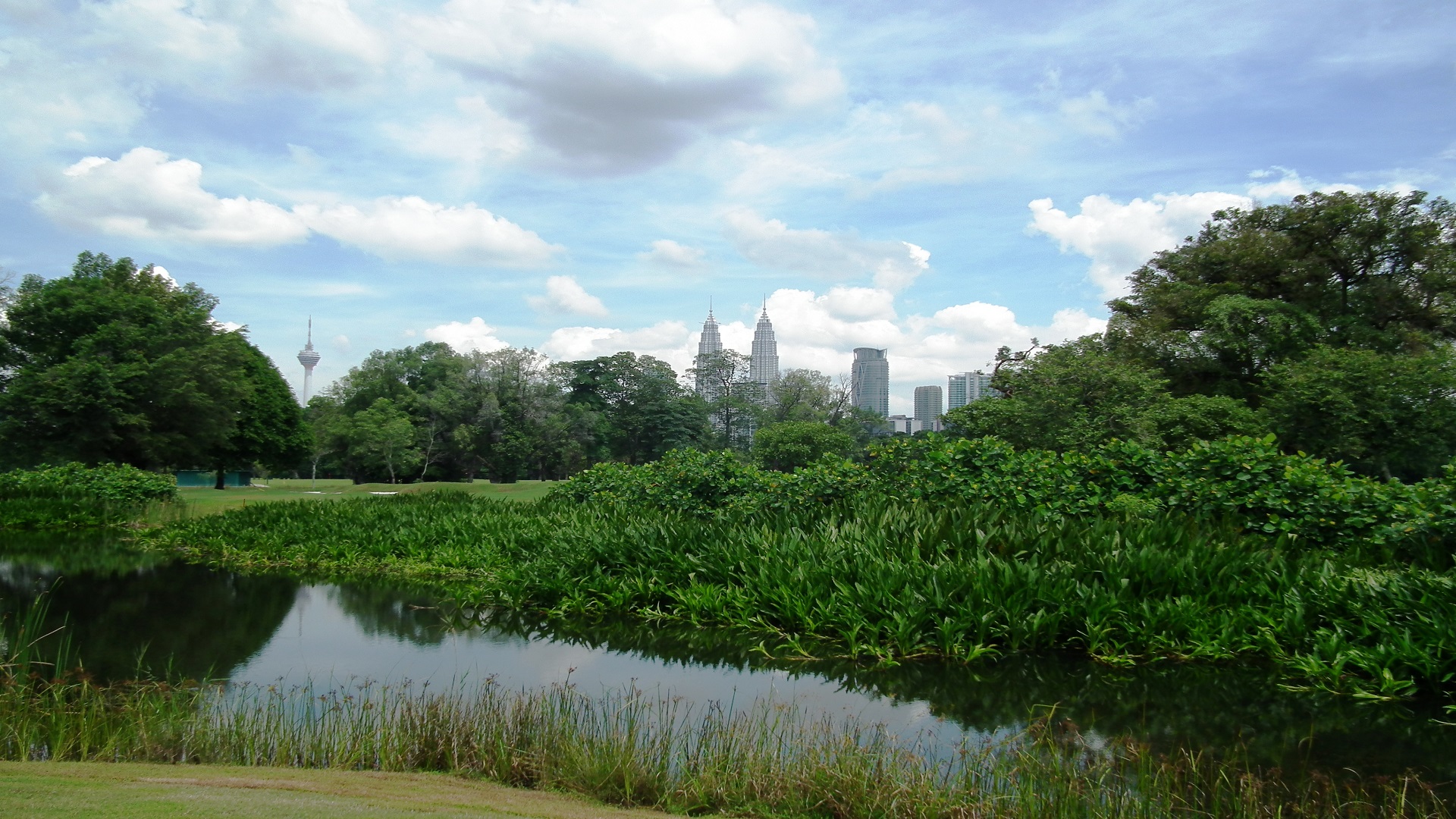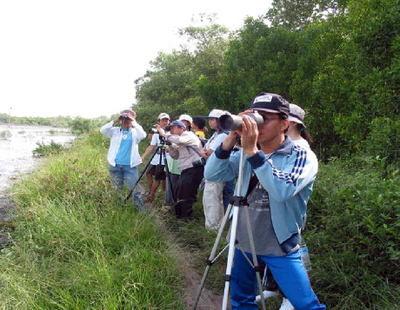
Healthy Wetland Nature
Malaysia is a country blessed with extensive coverage of wetlands, ranging from coastal mangroves to inland peat swamp forests to mountainous rivers and lakes. Wetlands are important ecosystems that provide a wide range of services and benefits including resilience to climate change, buffering against natural hazards such as floods and storms, water and food security and breeding grounds for many animal species. They play an important role in supporting the livelihood of local communities that live around them.They are also areas of significant spiritual and cultural importance as well as recreational activities.
Wetlands store and distribute water in the landscape. Migratory waterbirds, freshwater fish, aquatic mammals and reptiles are particularly vulnerable to wetland changes as they depend on wetland sites and river systems for food and shelter. Yet these species – as well as the many wetland plants and small organisms that go unnoticed – are so essential for wetlands to be able to deliver their values and services to people.
Population growth has increased the demand for food and shelter and has led to agricultural expansion and land development along with land conversion and unsustainable resource management. These activities are accelerating wetland loss and degradation. Since 1900, 64% of global wetlands have been lost or significantly degraded. As a result, records show an increase in natural hazard occurrences such as floods, peat fires, haze and biodiversity loss.
Wetland knowledge and awareness are key components to the conservation and management of wetlands and their well-being. Wetlands International Malaysia work with a wide range of stakeholders to accumulate and document this knowledge. From the traditional and cultural knowledge of local communities to research findings of the scientific community; the knowledge acquired is used to promote greater awareness and facilitate knowledge sharing among stakeholder groups.



